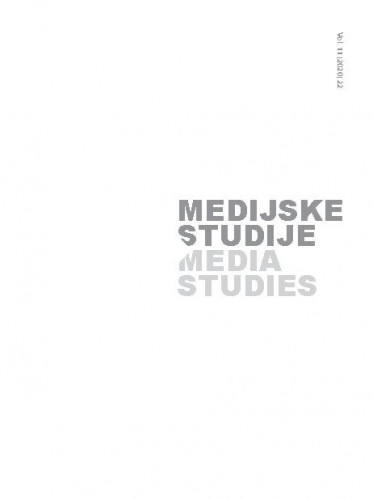Konvergencija medija praćena razvojem novih tehnologija nastoji osigurati upotrebu pristigle informacije na svim komunikacijskim kanalima koje medijska organizacija posjeduje, a preduvjet za spomenuti način rada je integrirana redakcija. Takav pristup podrazumijeva suradnju donedavno strogo razdvojenih odjela, osoblja i tehnologije, koji moraju biti educirani i osposobljeni za rad u digitalnom okruženju. Velik je to izazov i za profesionalne novinarske standarde zbog imperativa brzine, ali i promjene načina komunikacije izvora s medijima. S druge strane, promjena uloge publike koju čine aktivni kreatori masovne komunikacije traži kontinuirano provjeravanje etičnosti kanala i komunikatora, a sve s ciljem jačanja vjerodostojnosti medija koji gube povjerenje konzumenata u odnosu na društvene mreže. Dubinu komunikacijske krize koja je vrhunac doživjela inflacijom lažnih vijesti prepoznala je i Europska komisija koja naglašava važnost samoregulacije. Istodobno, tehnološki divovi i digitalne platforme pokušavaju dati svoj doprinos u razvoju automatiziranih (fact-check) sustava vođenih umjetnom inteligencijom, koji bi trebali olakšati novinarima, urednicima, ali i korisnicima prepoznavanje društveno štetnih komunikacijskih formi. Cilj je rada istražiti iskustva hrvatskih novinara s radom u integriranoj redakciji, kao i njihov odnos prema cjeloživotnom obrazovanju te profesionalnim standardima struke u digitalnom dobu kojima veliki izazov predstavljaju lažne vijesti te ispitati primjenu umjetne inteligencije u provjeri informacija i borbi protiv dezinformacija.; Convergence of the media accompanied by the development of new technologies is intended to ensure that received information is used on all the channels of a media organization. In this sense, an integrated newsroom is a prerequisite for this mode of operation. Such an approach entails the collaboration of departments that used to be separate not long ago, technology and the personnel that have to be educated and trained in a digital environment. It is a great challenge for professional journalistic standards due to the imperative of speed, as well as due to a new, different way in which the sources communicate with the media. On the other hand, the altered role of audiences made by active mass communication creators requires continuous checking of the ethics of channels and communicators, all with the aim of strengthening the credibility of the media that are losing consumer confidence in comparison to social networks. Furthermore, the depth of the communication crisis, culminating in the inflation of fake news, has been recognized by the European Commission, which emphasizes the importance of self-regulation. At the same time, technology giants and platforms are trying to contribute to the development of automated (fact-check) systems driven by artificial intelligence, which should make it easier for journalists, editors, as well as for users to identify socially harmful forms of communication. The aim of this paper is to explore the experiences of Croatian journalists working in integrated newsrooms, as well as their relationship to lifelong education and professional standards in the digital age, seriously challenged by fake news. Moreover, the goal of this paper is to examine the use of artificial intelligence in verifying information and combatting disinformation.
Sažetak

 Medijske studije : Media studies : 11,22(2020) / glavna urednica, editor-in-chief Marijana Grbeša Zenzerović.
Medijske studije : Media studies : 11,22(2020) / glavna urednica, editor-in-chief Marijana Grbeša Zenzerović.